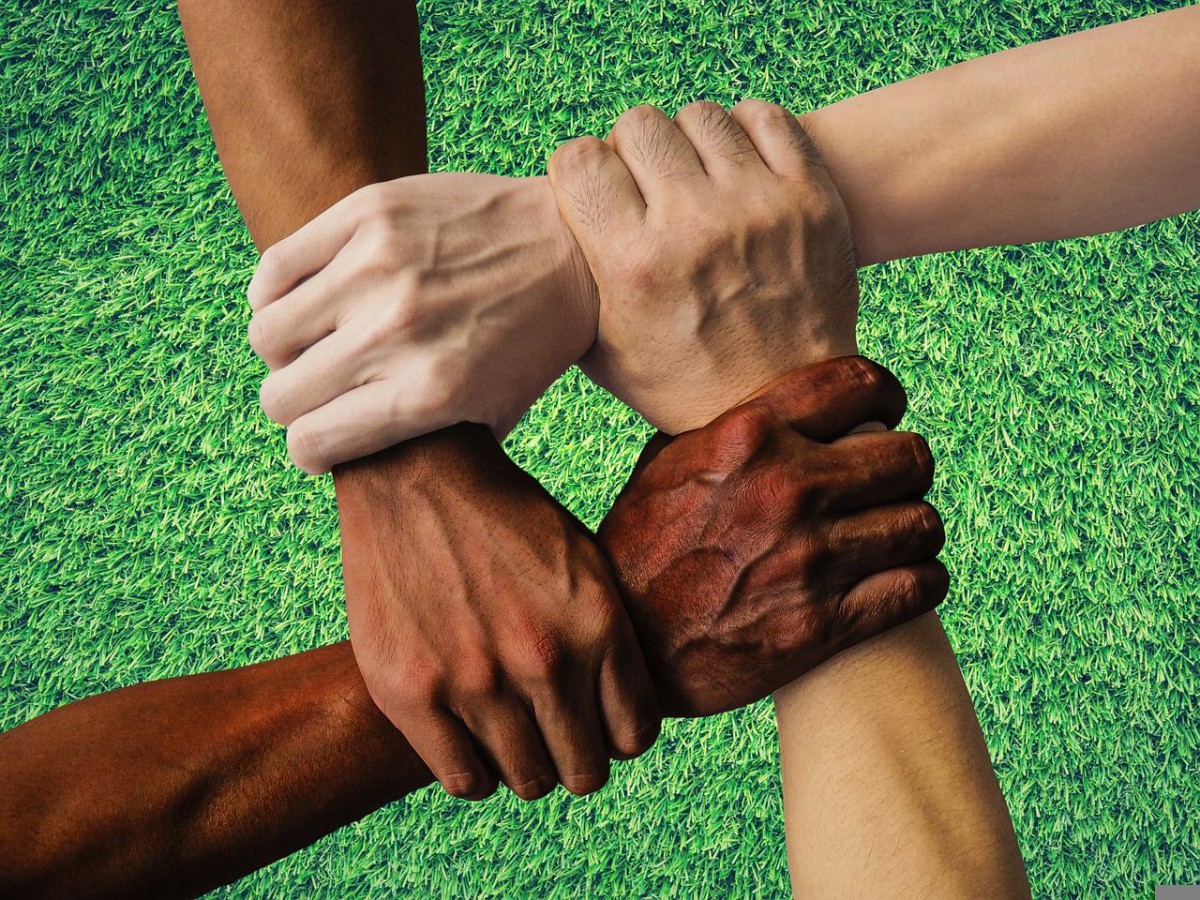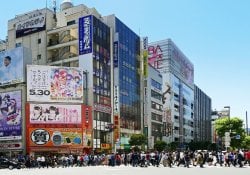Kurombo (クロンボ) is a noun in Japanese that refers to a black person, it can also mean dark. This term is used as a racial slur against black people in Japan. If racism is something present in our society that is “mixed”, let alone in a place composed of a native population of 98%. Data from 2020 shows that foreigners account for just 1.7% of the Japanese population. People who live in Japan say that racism is not blatant anymore. But situations like these do not prevent blacks from having access to this culture.
The myth spread throughout the nation is one of ethnic-racial homogeneity, that is, to “be Japanese” it is necessary to have a yellow phenotype with slanted eyes and lighter skin. If anyone else is born in Japan and has Japanese descent but is not in the “standard”, it will not be valid. So this causes minorities to be left out like black Japanese and indigenous Ainu.
It represents a portion of the population called "hafu", a Japanese expression that derives from the English word "half", which means half, mestizo. The expression refers to children of mixed marriages, between foreigners and Japanese considered "natives".

Índice de Conteúdo
japanese black model
Ariana Miyamoto (宮本・エリアナ・磨美子) is a Japanese model who claims to have been referred to as kurombo in a derogatory manner. She was elected Miss Japan 2015 and in the same year she was in the Top 10 of the Miss Universe contest. Miyamoto has a Japanese mother and an African-American father, so she cannot be considered a native. The model's father met her mother while stationed at a US Navy base in Sasebo. When Ariana was just 1 year old her parents separated.
During her childhood she attended elementary school in Japan, and at age 13 she moved to the United States with her father. Years later she returned to Japan where he finished high school and also where he got his first jobs, including even as a bartender. In 2015, Miyamoto won the title of Miss Nagasaki and represented her prefecture in the Miss Universe Japan pageant. In the same year, she made “statements showing that the discrimination made her even more motivated, and the debate went beyond the issue of racism: it called into question the hegemony of Japanese society”, according to a report published by BBC News.

The former miss has spoken several times in interviews about the prejudice (kurombo) she has suffered since childhood. She has reported in interviews that at school, when she was younger, teachers asked children to hold hands with each other, but avoided holding hers because of her black skin. According to her, there were even students who avoided swimming in the same pool as her. As the years went by the situation continued to get worse and because of her skin tone and hair texture she was constantly called a kurombo by classmates and even parents.
Even after being victorious in the beauty contest, racism did not stop, she says that she received criticism, including from online media, stating that she did not have the typical Japanese appearance to get such a nomination. Prior to Miyamoto, Japan's top position in this contest had been in 2007, when contestant Riyo Mori won the title of Miss Universe 2007.
black japanese tennis player
Another Japanese reference that is not considered native just because of her skin color and features different from most Japanese people is tennis player Naomi Osaka. She is considered one of the greatest athletes today, but that didn't stop her from suffering being called a kurombo. She is native of Osaka and was born on October 16, 1997. She is the daughter of a Japanese mother and a Haitian father.
In 2018, Naomi became the first Japanese woman to win a singles Grand Slam tournament, defeating American Serena Williams in the final of that year's US Open. The following year she won the Australian Open, becoming the first Asian to reach number 1 in the WTA rankings.
Osaka has lived and studied in the United States since she was three years old, so, in addition to her skin color, she also has the Japanese identity questioned because she emigrated to the United States at a young age. She rose to prominence at age sixteen when she defeated former US Open champion Samantha Stosur in her WTA Tour debut at the 2014 Stanford Classic. Two years later, she reached her first WTA final at the 2016 Pan Pacific Open in Japan to break into the top 50 of the WTA ranking. Osaka made her breakthrough in the upper echelon of women's tennis in 2018 when she won her first WTA title at the Indian Wells Open. At the end of the year, she defeated 23-time Grand Slam singles champion Serena Williams in the US Open final, becoming the first Japanese player to win a singles Grand Slam title.

What do you think of these wonderful Japanese women who came to break the standard imposed by Japan? I just found them iconic! Do you know more black Japanese people who made a difference?





